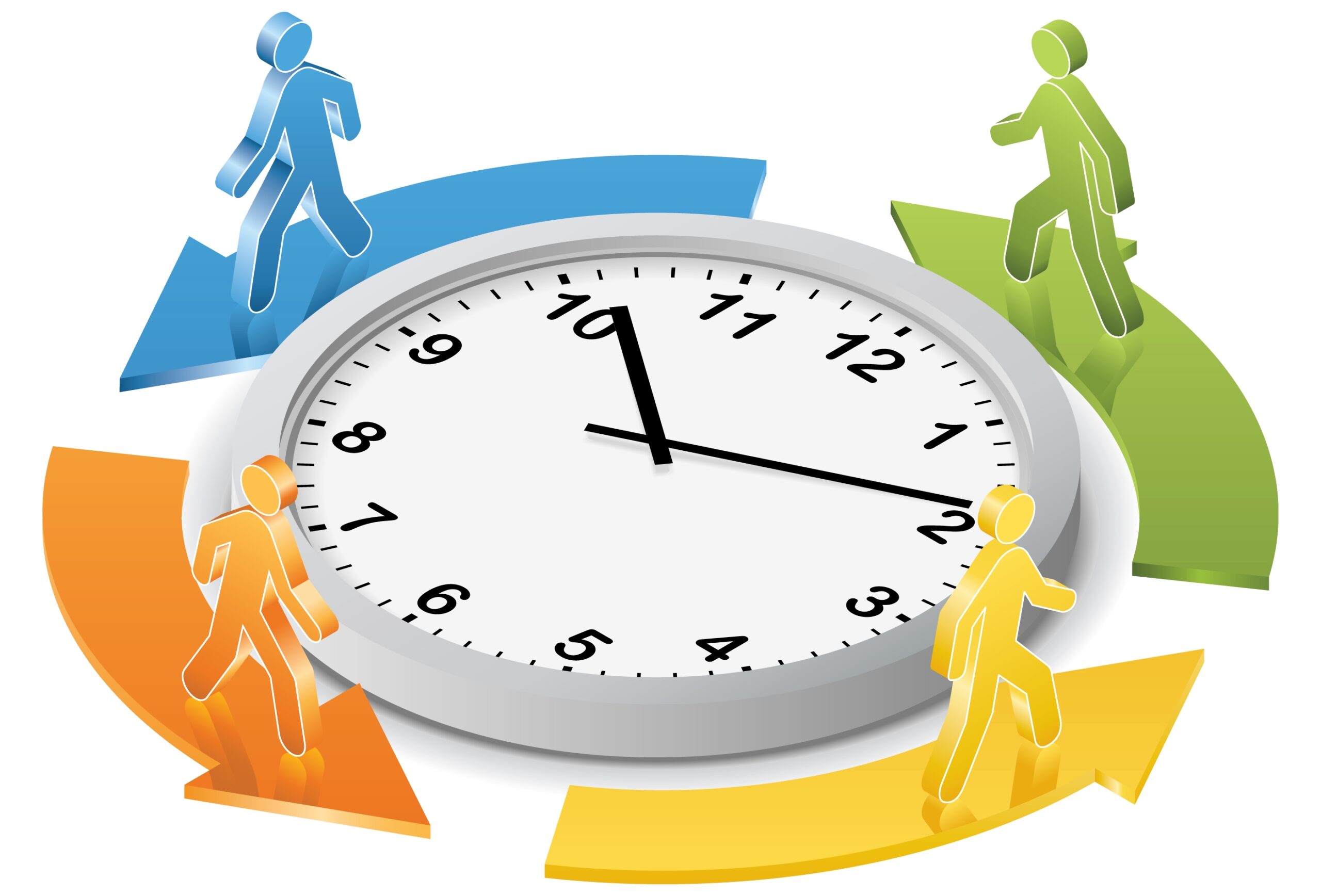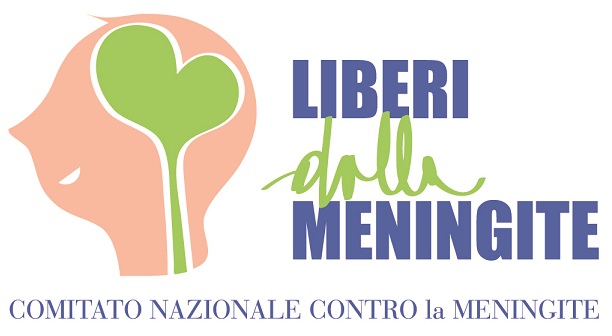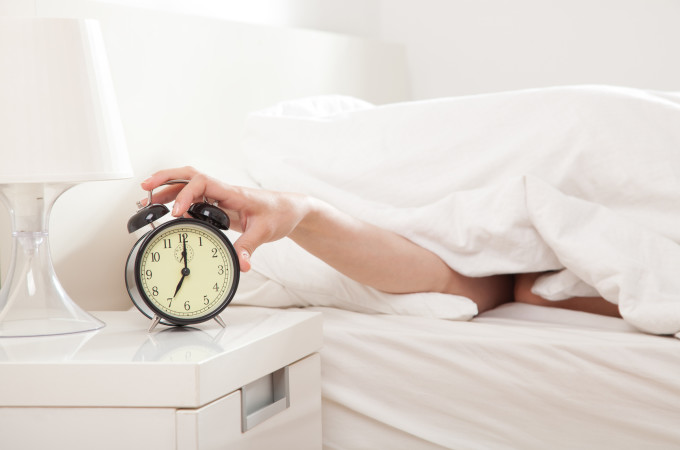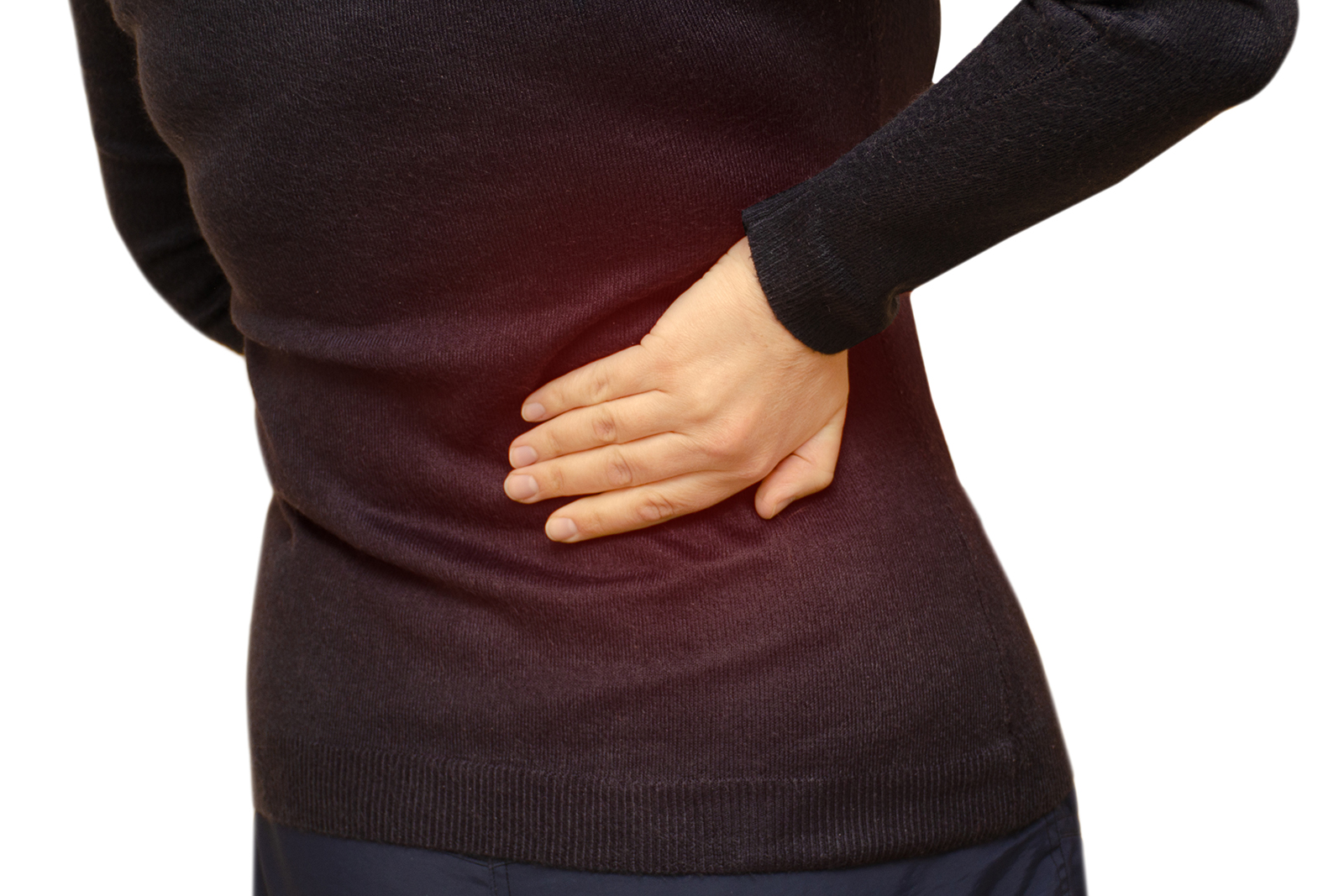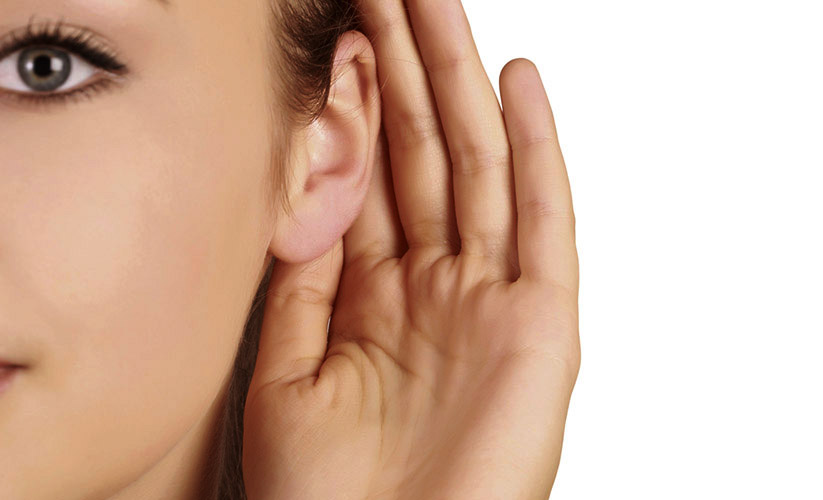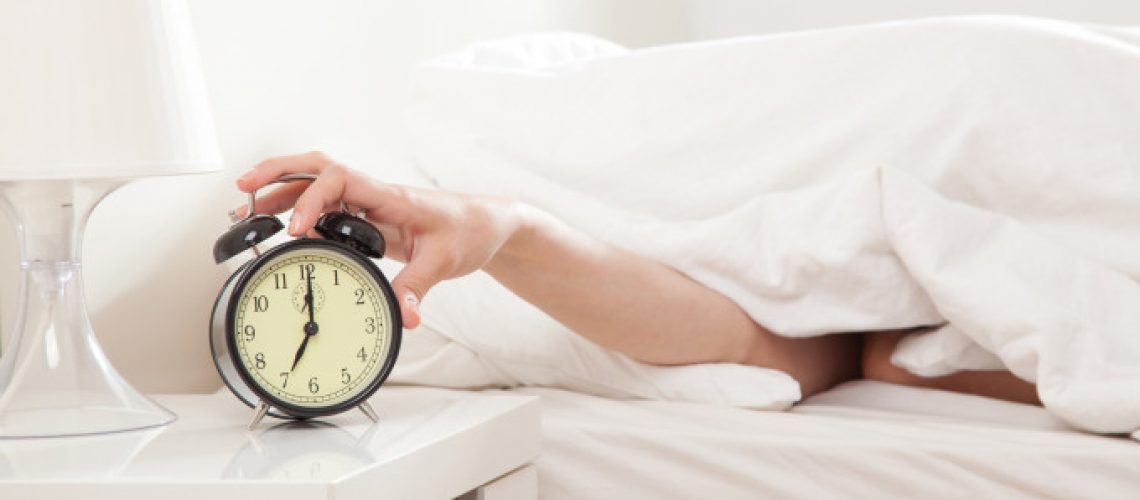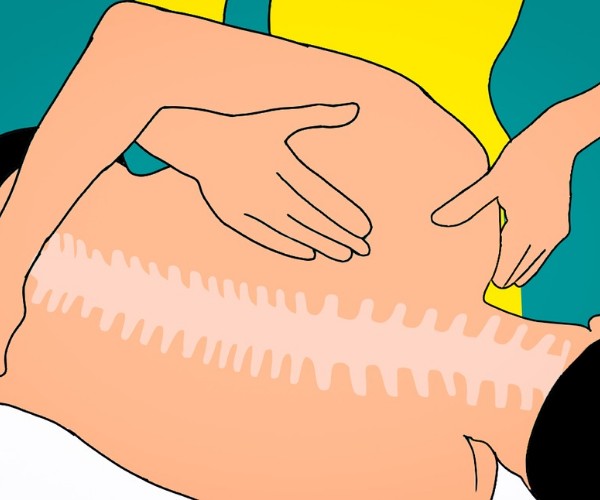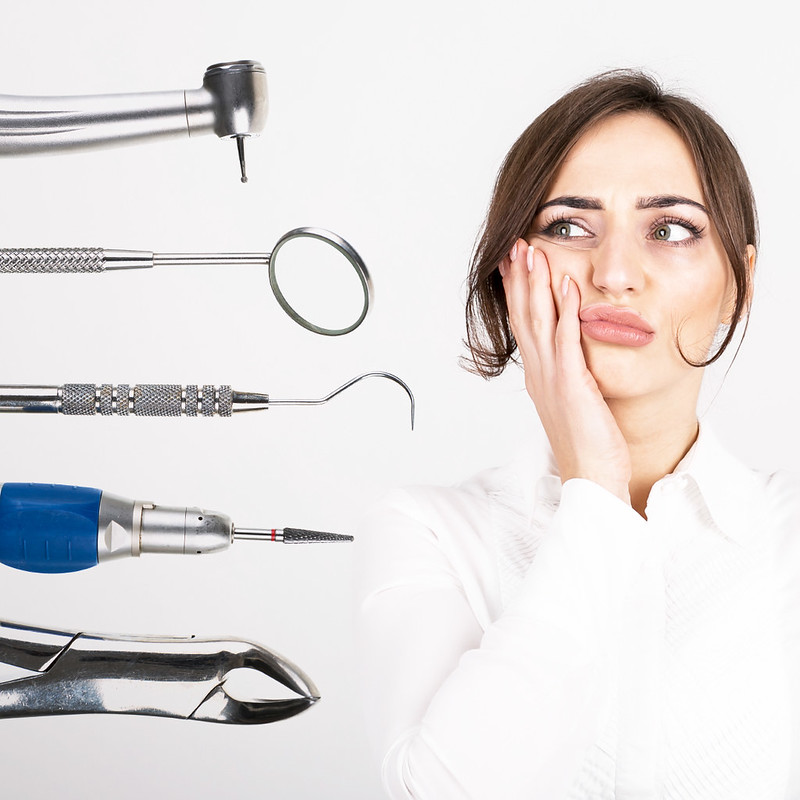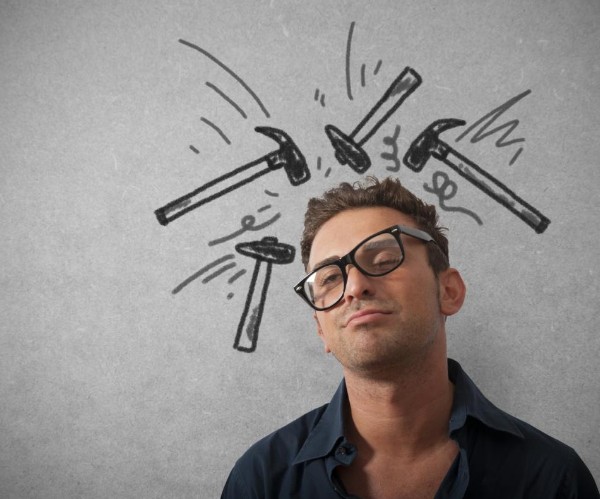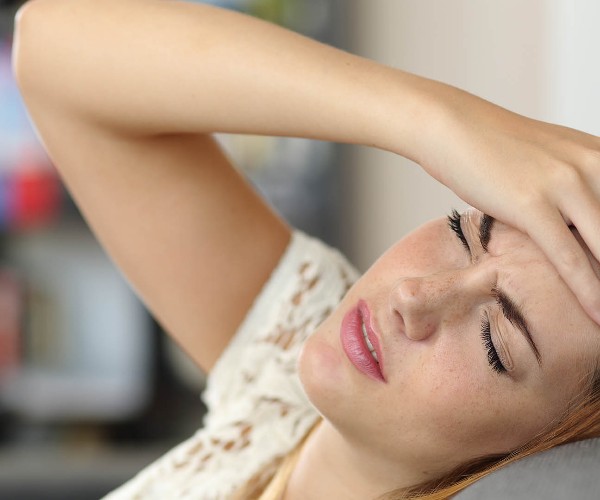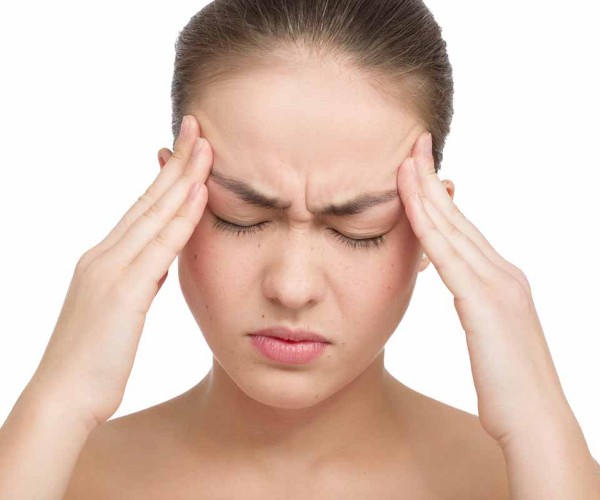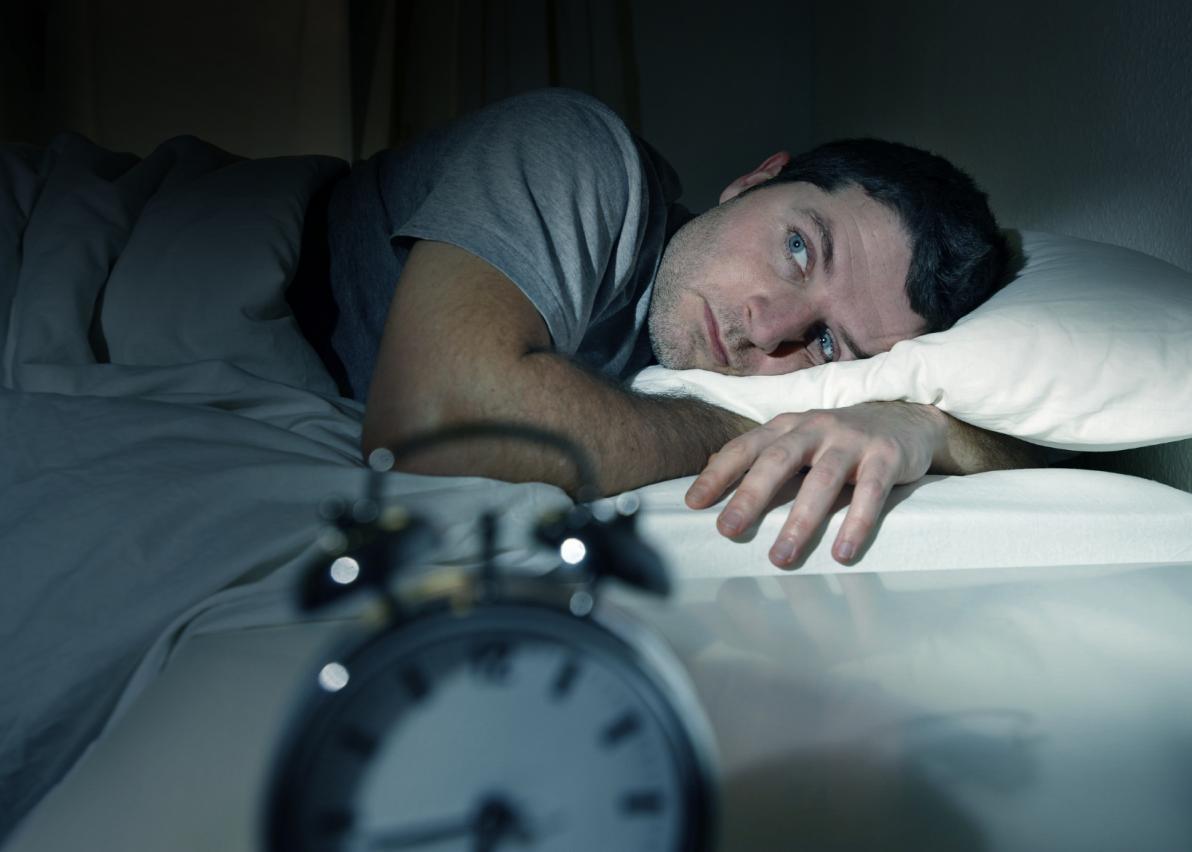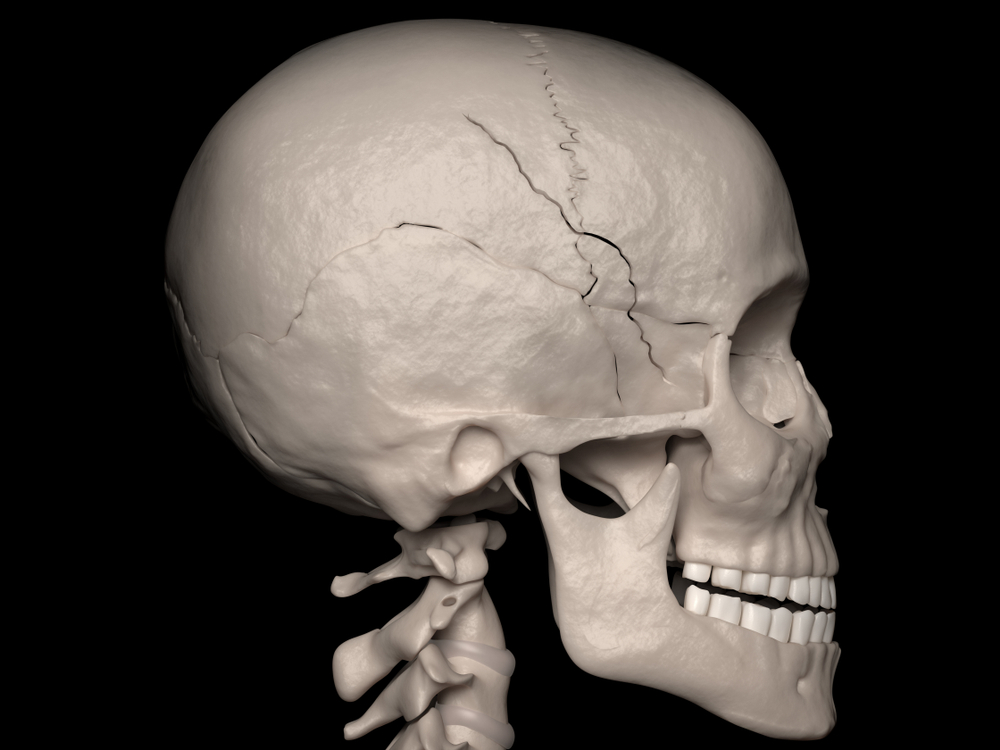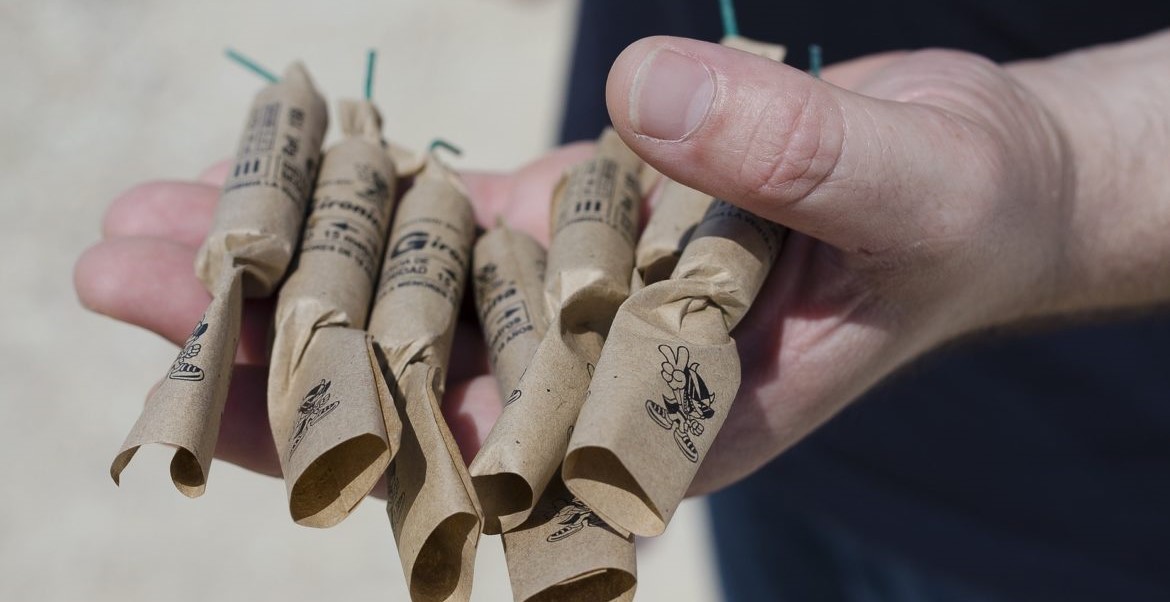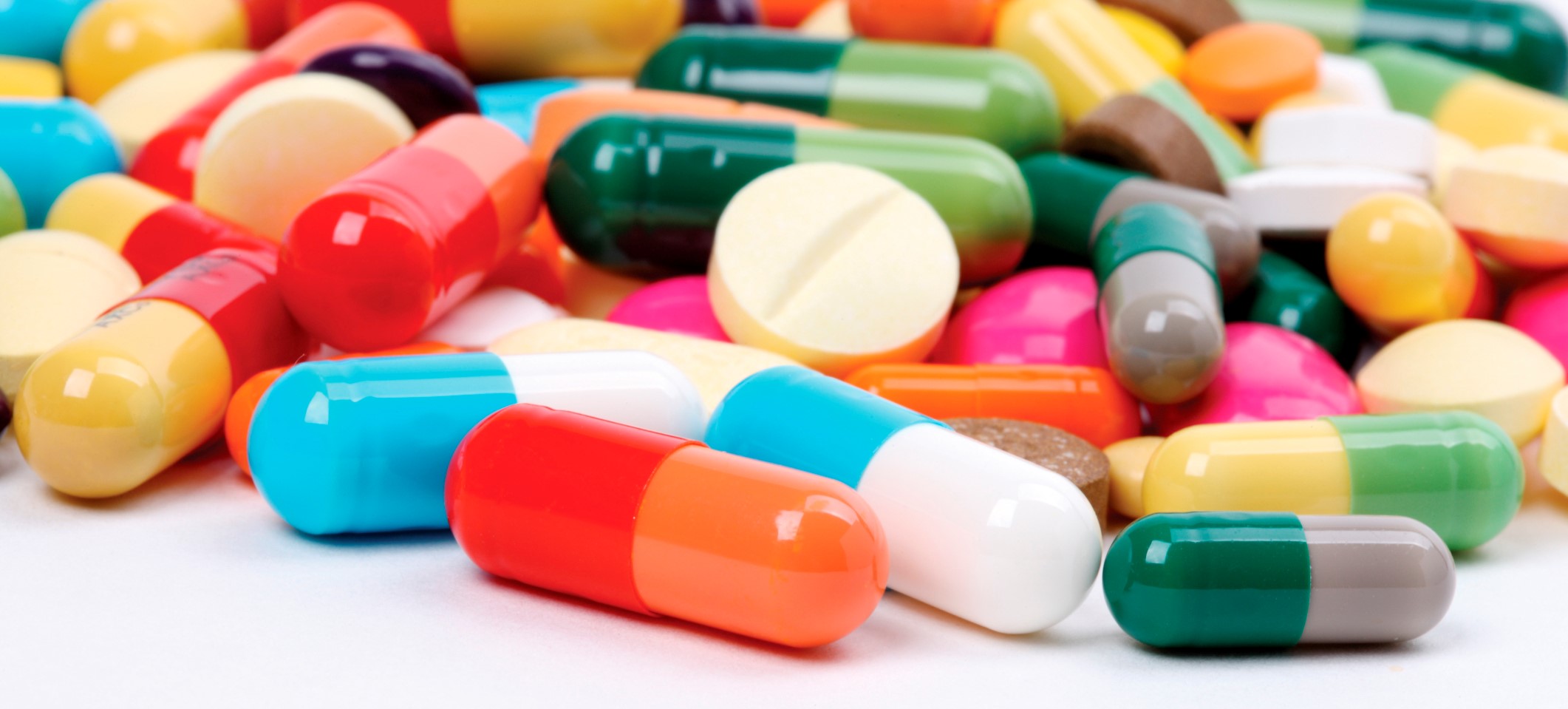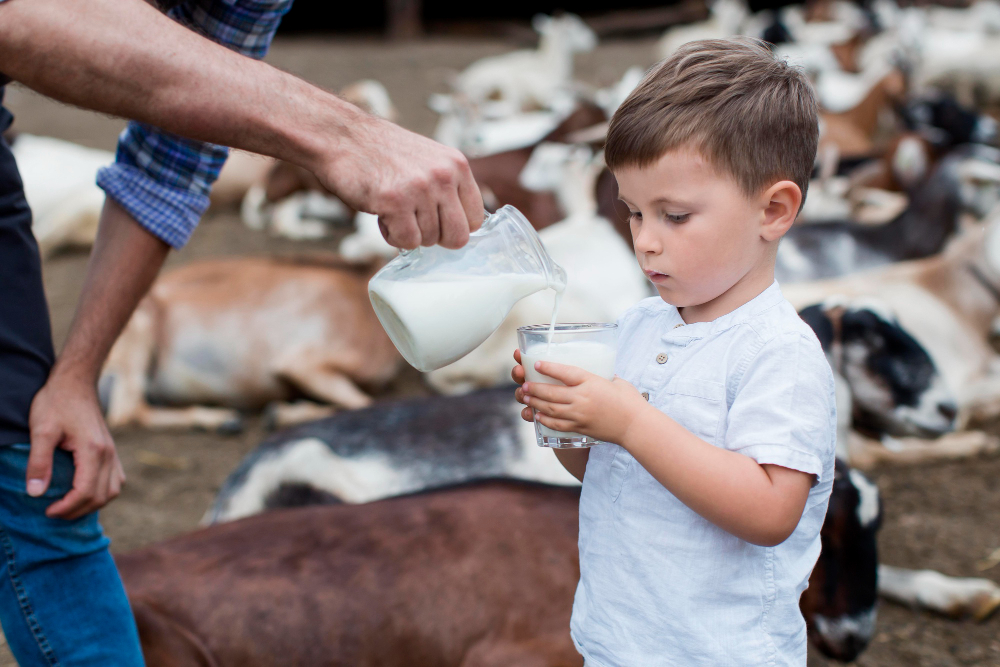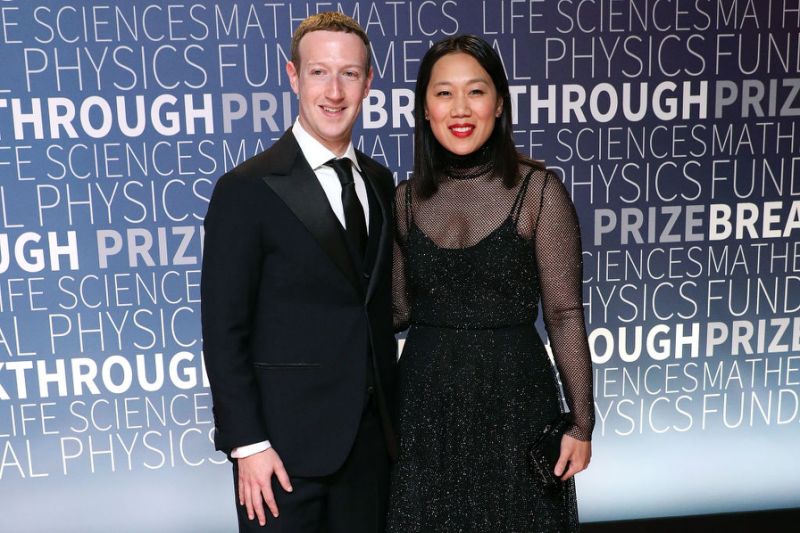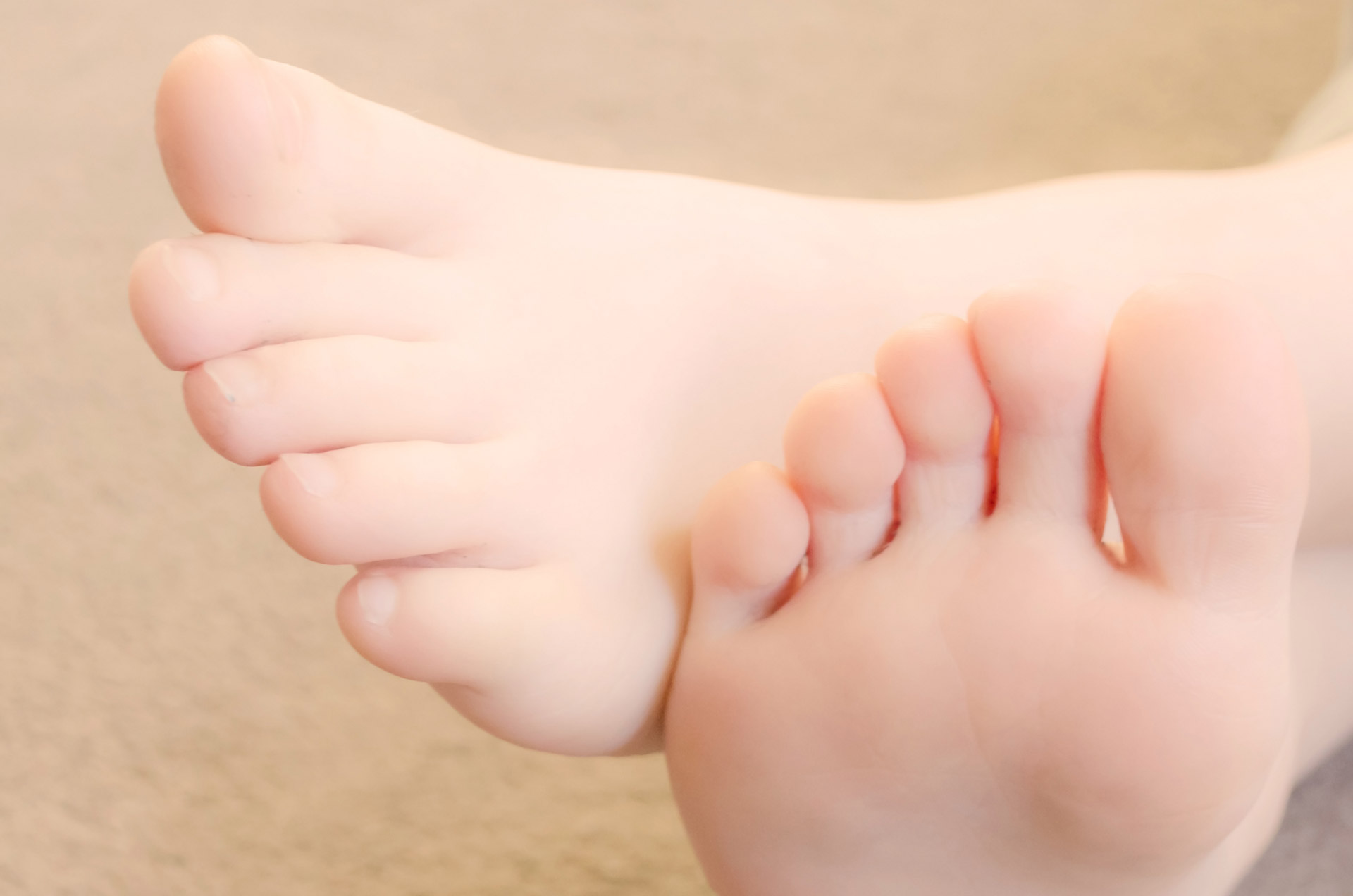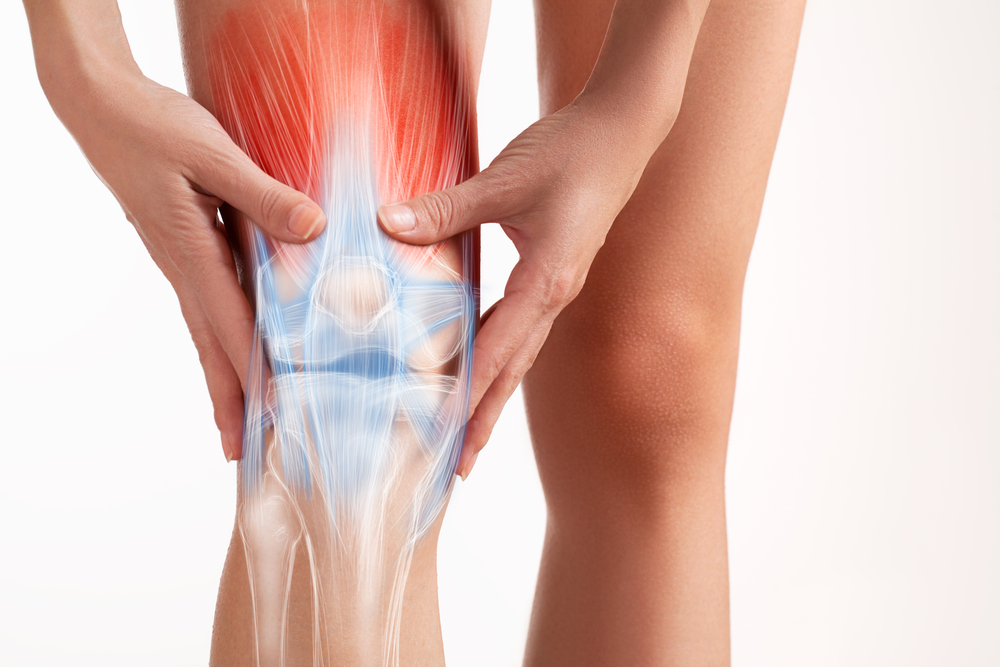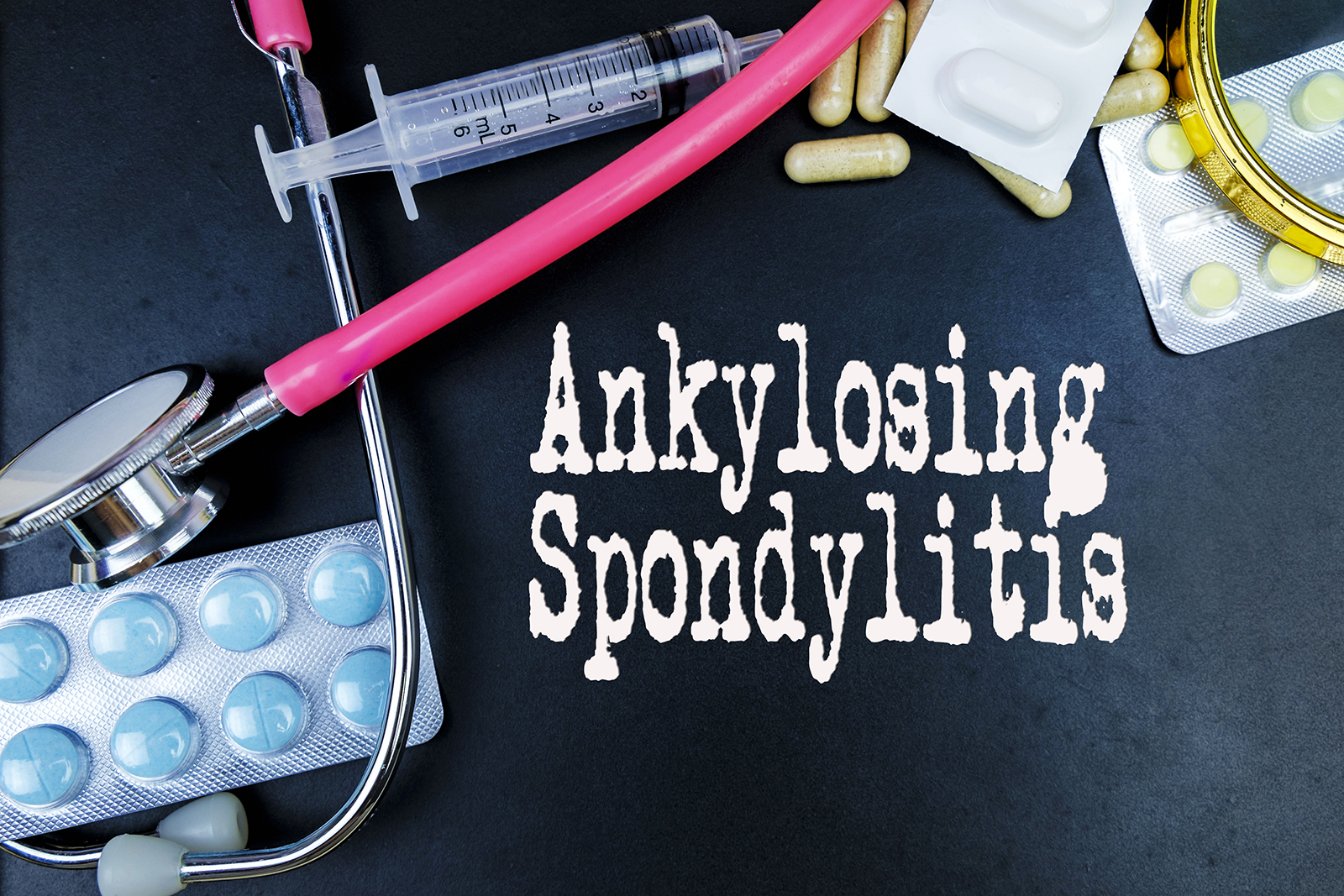A cutting-edge kit that helps analyze an individual’s microbiome may provide insight into why some people sleep poorly: that’s one of the new technologies that were unveiled at the Consumer Digital Association 2019 Digital Health Summit in Las Vegas, developed for the purpose of improving sleep.
It is not easy to give the doctor objective information about sleep quality or to explain why you have difficulty having deep sleep-it is a complicated problem to describe and solve.
Using the kit, consumers send a stool sample to a laboratory that, using special metagenomic technology, is able to assess the presence of different bacteria in the gut.
In addition to the effect of microorganisms on gluten sensitivity, inflammation, lactose intolerance, weight and metabolism, the analysis examines the levels of bacteria that produce certain neurotransmitters involved in natural sleep rhythms, such as serotonin and gamma-aminobutyric acid (GABA).
The report generated by the microbiome analysis provides information on ways in which diet and lifestyle can help change the bacterial composition of the gut. A second test is recommended to verify the effectiveness of the interventions.
Another technology presented at the summit makes it possible to assess sleep quality. It is in this case a App which can tell whether the user is in a waking, light sleep, deep sleep or REM sleep state: simply place your smartphone on the bedside table to detect, every 30 seconds, the radio frequency and low-power energy emitted by the body. An algorithm built into the App generates a score from 0 to 100 to indicate a person’s sleep quality-the data can provide doctors and patients with objective information.
Again, the instrument not only measures sleep quality but also offers breathing techniques for relaxation and provides personalized advice; it also has a smart alarm clock that sounds during the light sleep phase, when waking up is less traumatic.
According to Daniel Kraft, who works in medicine and neuroscience at Singularity University, an organization dedicated to technology development, these are examples of the kind of tools that will increasingly allow us to affect not only sleep, but different aspects of our health: “Insights into the microbiome, glucose monitoring, metabolic data from respiration, and much more, detectable with a simple handheld device…the combination of all of this gives us new ways to get detailed information. We will be able to use these tools to track not only vital signs, but also behaviors, providing help to change them and make them healthier.”



